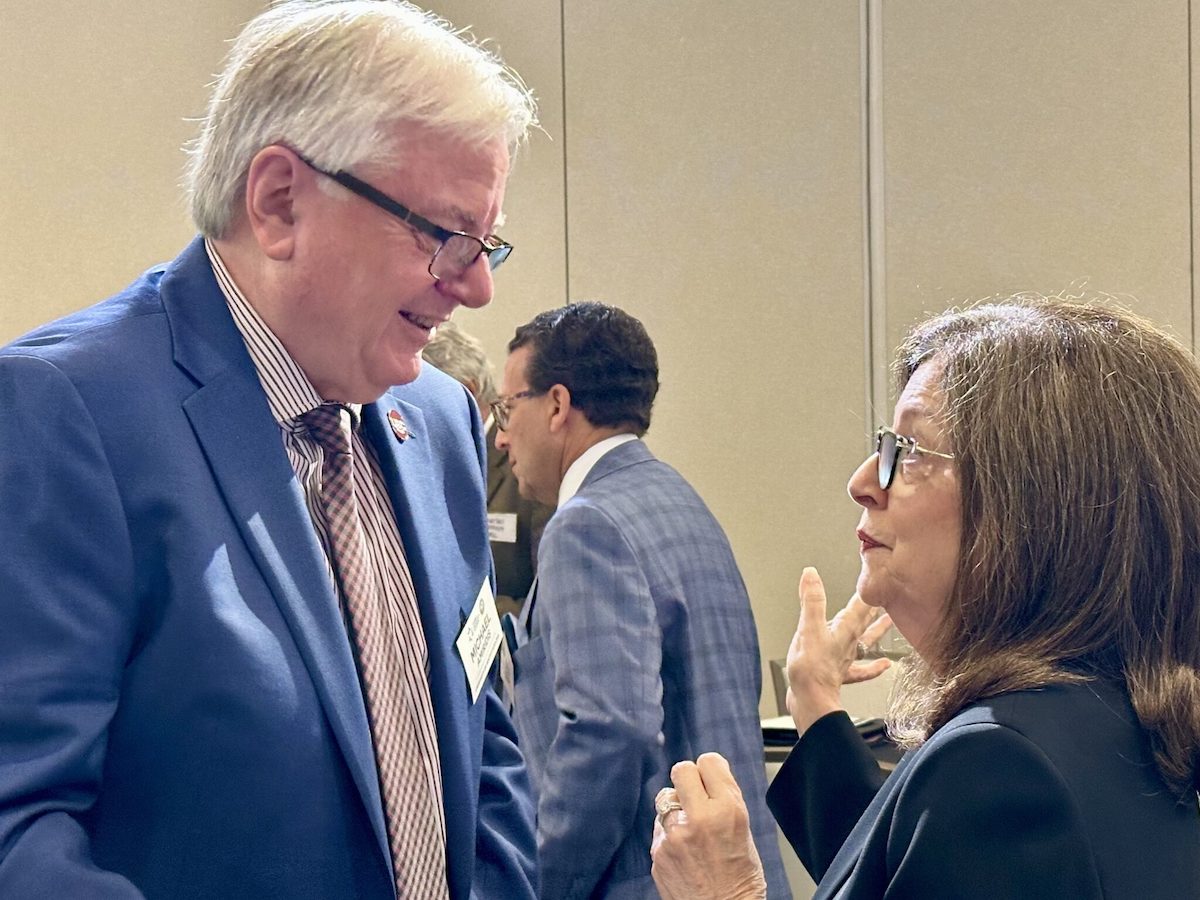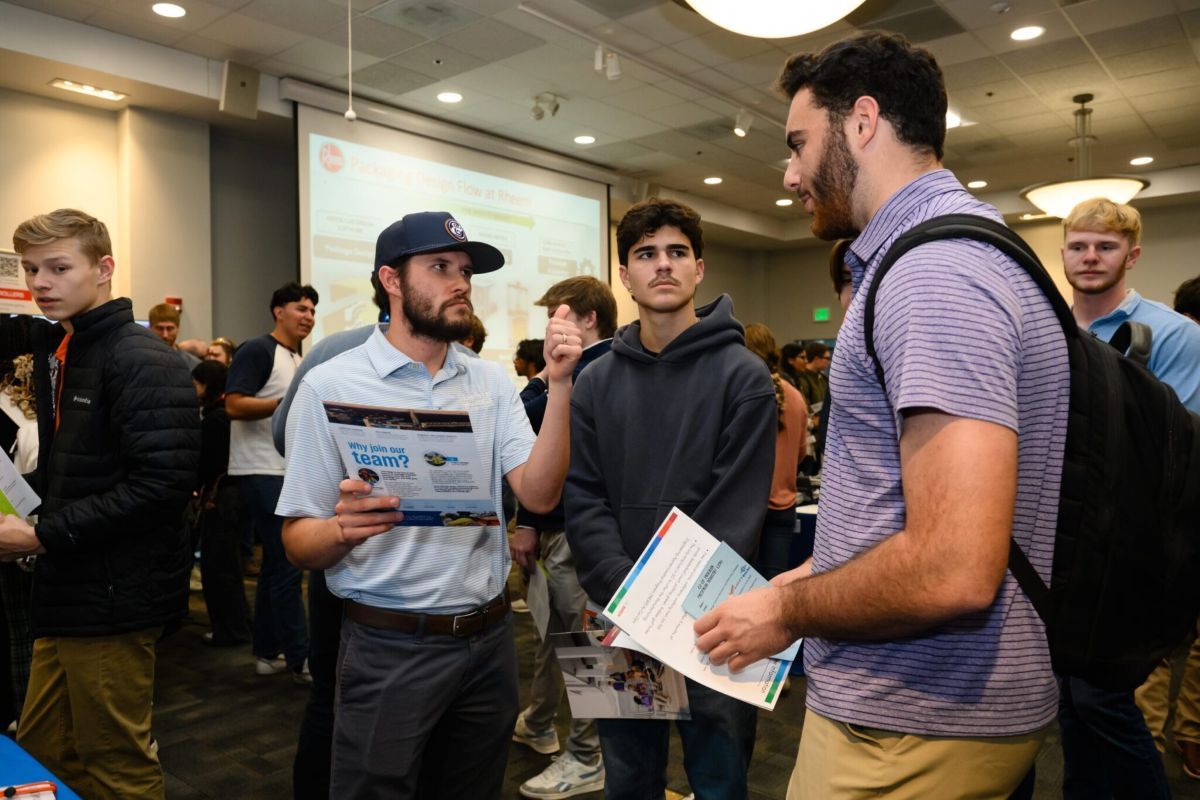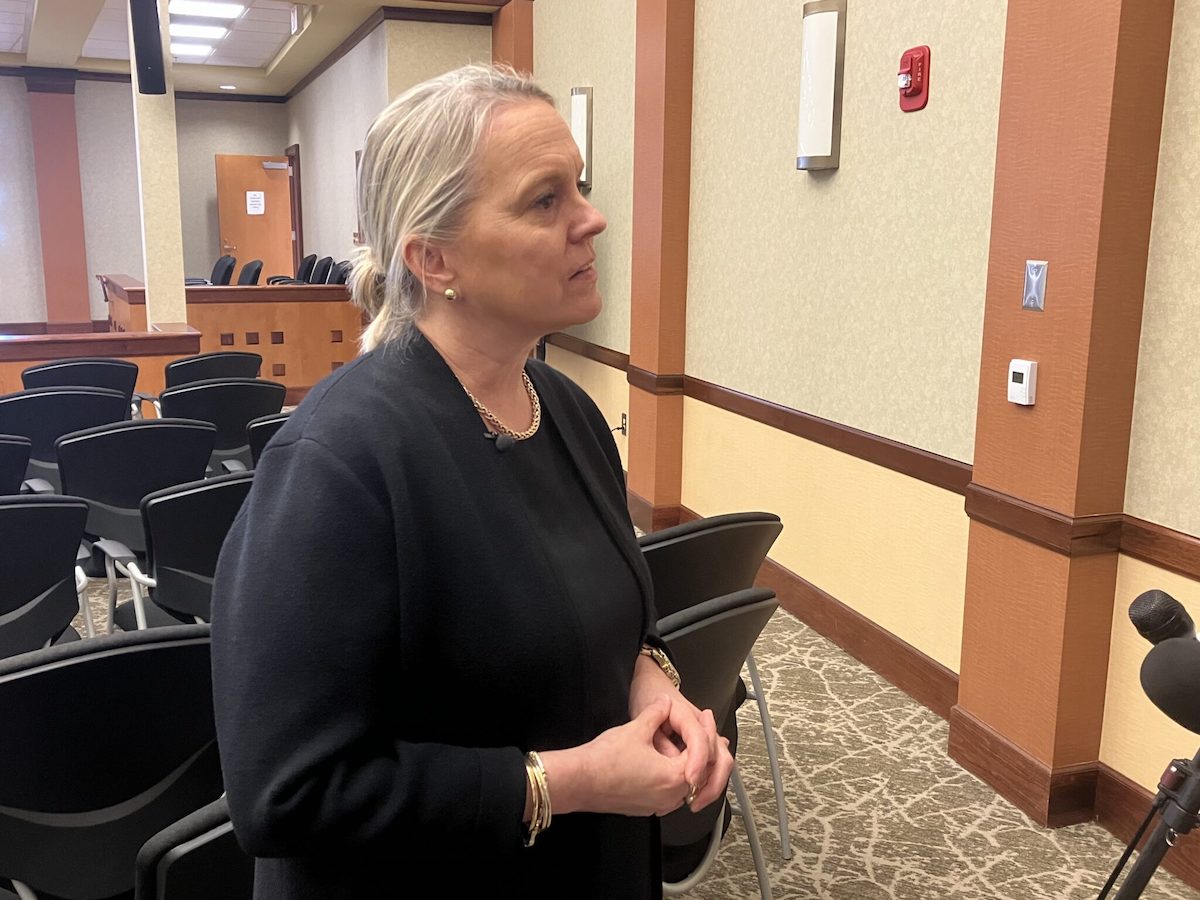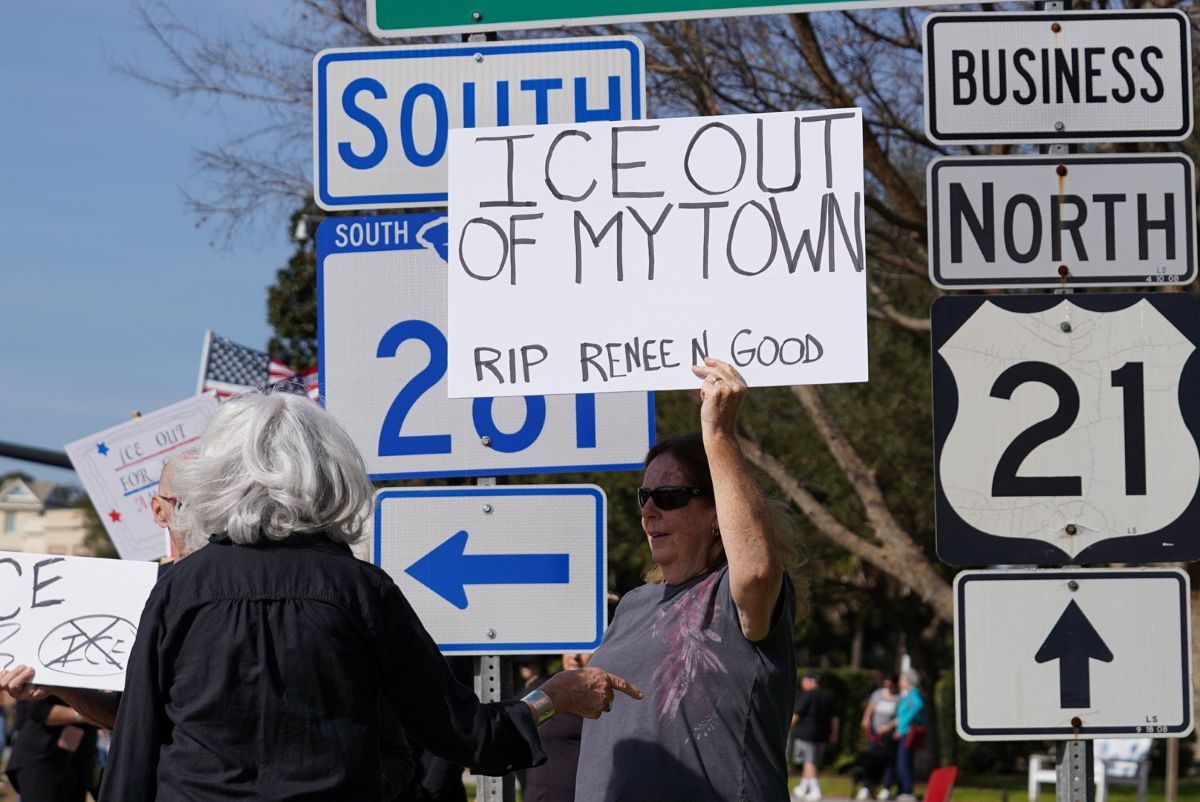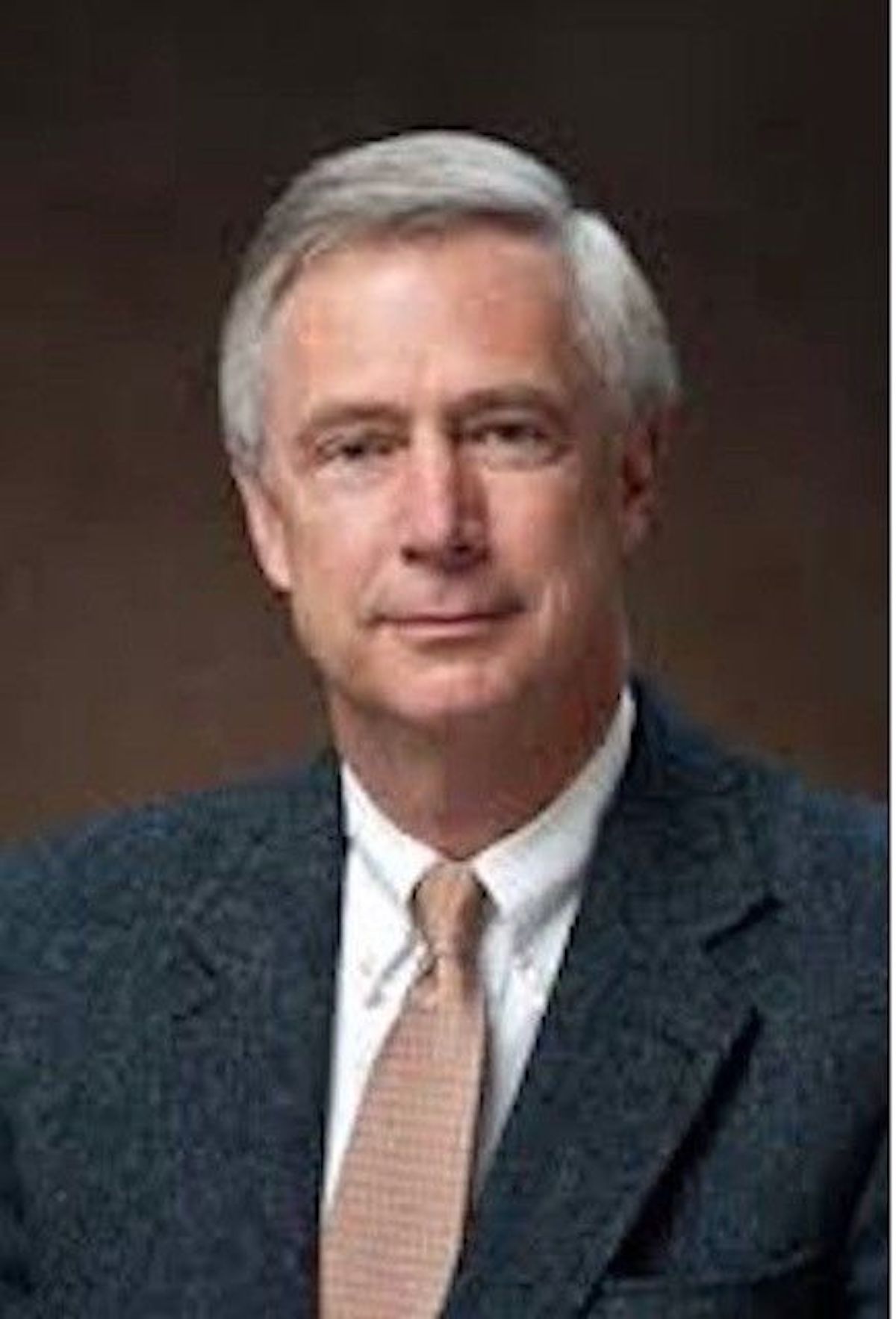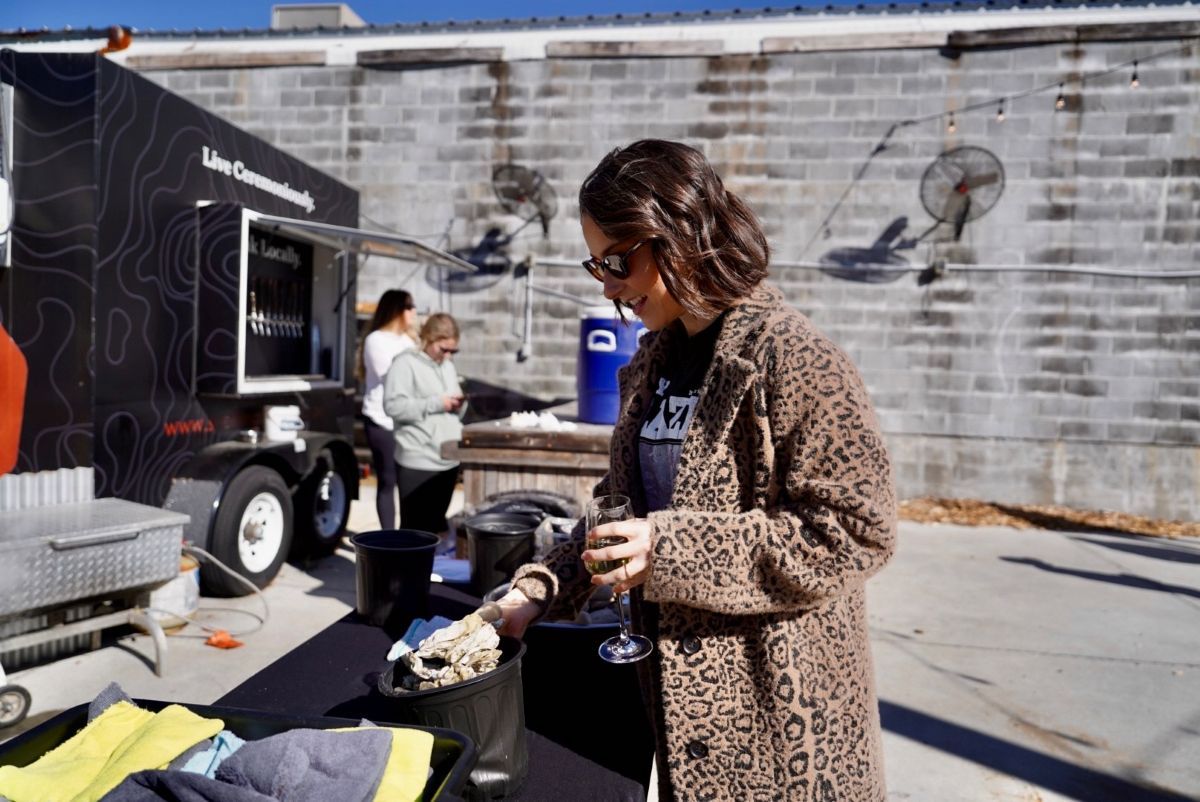By Jessica Holdman
SCDailyGazette.com
COLUMBIA — South Carolina state and university officials, as well as Jewish student groups, gathered in Columbia Monday for a summit on antisemitism in higher education.
The one-day event, organized by the Combat Antisemitism Movement at the behest of Attorney General Alan Wilson and held at the University of South Carolina’s alumni center, covered topics such as how universities can protect Jewish students and hosted tours of the Anne Frank Center on campus. The event was scheduled to end with a screening of footage from the Oct. 7, 2023, attack launched by Hamas militants on southern Israel, killing about 1,200 civilians and taking some 250 hostages.
“Here we are today, 11 months and two days since the attack,” said Anat Sultan-Dadon, consul general of Israel to the Southeastern United States.
Israel responded, launching airstrikes on Gaza in the ongoing Israel-Hamas war. According to the Hamas-run Health Ministry, the death toll last month surpassed 40,000 since the start of the war. That figure does not distinguish between civilians and combatants.
“Antisemitism was not born on Oct. 7 or on Oct. 8, but it is being perceived by too many as legitimate,” Sultan-Dadon said. “What we are seeing too often is that ‘never again’ is turning into once again.”
Wilson said he visited southern Israel this spring and met with families of the Oct. 7 attack victims.
“Seeing what I saw and hearing what I heard from members of that community and the government officials that we spoke to just really moved me,” Wilson said. “I came back with kind of a drive to do something about it and to bring people together.”
So, Wilson’s office partnered with the Kansas-based Combat Antisemitism Movement, which describes itself as a coalition of about 850 interfaith organizations opposed to antisemitism, to put on Monday’s event. He said he wants to hold similar events in the Lowcountry and Upstate and is working with officials at Clemson University.
College campuses across the country last fall erupted in protests over the Israel-Hamas War, which on some campuses involved violence and antisemitic rhetoric. Several university presidents lost their jobs over their handling of the events.
“What I see on the television just really shocks my conscience,” Wilson said. “You would never dream of people equivocating the acts of Nazis with deaths in a war zone.”
While supporters of Israel called out the protests as antisemitic, organizers of those campus protests said the remarks of some did not reflect the views of the whole protest movement, which condemns the humanitarian crisis the conflict has led to in Gaza.
Now, with students back on campuses this fall, protests in other states have resumed, though not to previous levels.
Pro-Palestinian protesters demonstrated last school year at USC and Clemson, but the events were nothing akin to the massive tent encampments on campus lawns, vandalism, or harassment aimed at Jewish students on campuses in other states.
“At the University of South Carolina, we have a history of addressing antisemitism by educating students and the public about the Holocaust in a comprehensive manner,” USC President Michael Amiridis said in his remarks Monday.
The president of the state’s largest university system highlighted the Columbia campus’ Anne Frank Center, the only North American partner of the house in Amsterdam where its namesake hid from Nazis eight decades ago.
He also pointed to a Jewish speaker series that included Jonathan Greenblatt, the head of the Anti-Defamation League; Deborah Lipstadt, the U.S. special envoy to monitor and combat antisemitism; and American Jewish University President Jeffrey Herbst, who in February discussed the intersection of free speech, academic freedom and antisemitism on college campuses.
Reporters were not allowed to stay past the conference’s opening remarks.
But Rep. Beth Bernstein, the state’s only Jewish legislator, said she participated on a panel Monday discussing legislation she sponsored that codified a definition of antisemitism into state law. The Columbia Democrat said state Education Superintendent Ellen Weaver led the discussion.
Gov. Henry McMaster, in his public remarks, spoke to the religious freedom promised to those who settled and brought commerce to colonial South Carolina, which was once home to the largest Jewish population in America. In Charleston, there’s the Kahal Kadosh Beth Elohim Jewish synagogue, which predates American independence by decades and is the oldest synagogue building in the United States in continuous use.
“I believe that if we don’t know our history, if we don’t know our people, if we don’t know where we came from, how we got here, why we are the way we are, then we have no clue as to where we ought to be and can be going,” McMaster said.
While university and state leaders spent Monday talking about combating antisemitism, USC continues to face criticism for allowing an upcoming event featuring a far-right political provocateur and founder of the Proud Boys, Gavin McInnes, who has a history of making antisemitic statements.
The college has said it does not reflect the stance of the school but allowing the event, sponsored by the USC student chapter of Uncensored America, is a matter of free speech.
“As a university, we denounce hate and bigotry. We condemn the vile and juvenile rhetoric used to promote this event,” Amiridis wrote in an Aug. 27 email message to students.
“Censoring even the most hateful individuals and groups does not solve the problems we face in our society, and instead provides them with a platform to win more publicity and support, because their message was silenced,” the college president continued.
Asked about it Monday, McMaster said, “People that are insulting others should not be invited to come in the first place,” but he re-iterated the importance of upholding First Amendment protections.
Jessica Holdman writes about the economy, workforce and higher education. Before joining the S.C. Daily Gazette, she was a business reporter for The Post and Courier. S.C. Daily Gazette is part of States Newsroom, the nation’s largest state-focused nonprofit news organization.

